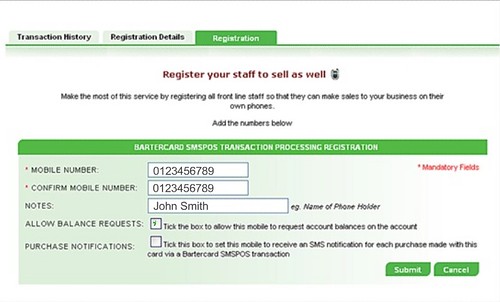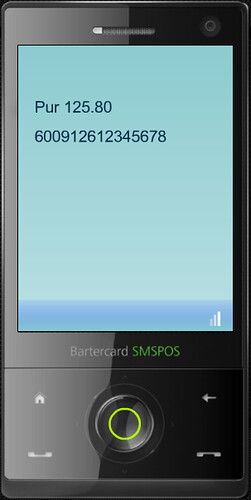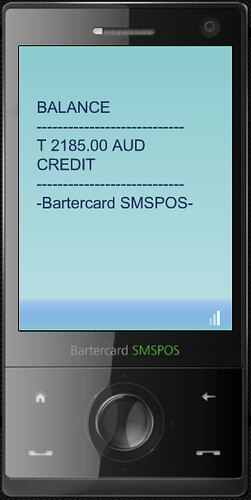From the Untergunggenberger Intitut Wörgl blog in Germany Austria, here is a video on the Palmas community currency in Nord-east Brazil, launched several years ago, which has enabled this impoverished community to build and retain wealth locally. Just to give an idea of the scale, Banco Palmas has 2100 associates… 60% of which are below the poverty line.
A very detailed description is available. Here are the specific points I noted:
- Banco Palmas, which was started and is managed by local residents, functions as a local credit union that issues low interest rate loans in the alternative currency, the Palma, and provides also a credit card for payment convenience.
- Access credit does not require documents, but only requires that local resident voucher for the loan. In other words, instead of relying on high-tech PhD risk analysis algorithm, CDS, securitization, and the likes, credit risk analysis is socialized.
- The bank funds consumption and production reports to be able to better determine what is needed by the community and provide market research for entrepreneurs.
- The alternative currency, the Palma, is backed by the national currency, and convertible at a 1% fee.
- The bank has established partnerships with local businesses, and many are providing discounts when paying in Palmas.
Here are also some amazing numbers from the report:
- In Ceará, sales in commercial establishments in the community increased by 40% In Ceará, sales in commercial establishment in the community increased by 40%
- Bankruptcy for local businesses involved with the Bank has never exceeded 3% Bankruptcy for local businesses involved with the bank has never exceeded 3%
- Crime rates in Ceará, compared to other neighborhoods in the city, are 5-6% lower Crime rates in Ceará, compared to other neighborhoods in the city, are 5-6% lower
- 900 new jobs were created in the formal and informal sectors since the beginning of the project 900 new jobs were created in the formal and informal sectors since the beginning of the project
- Of Banco Palmas clients, 82% feel more responsible; 95% consider the Bank an agent in the eradication of hunger and promotion of jobs and income; and 54% feel more solidarity with the community Of Banco Palmas clients, 82% feel more responsible; 95% consider the bank an agent in the eradication of hunger and promotion of jobs and income, and 54% feel more solidarity with the community
- 11 other municipalities are currently receiving training from Banco Palmas technicians to implant community banks in their cities 11 other municipalities are currently receiving training from Banco Palmas implant technicians to community banks in their cities






